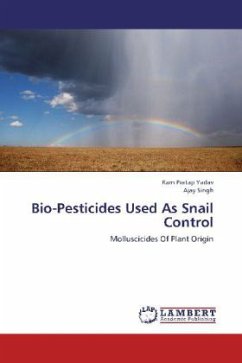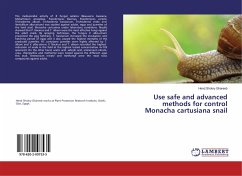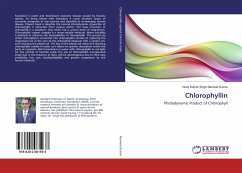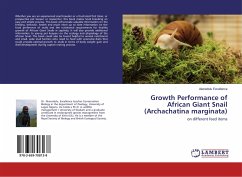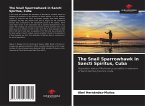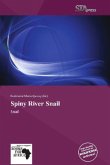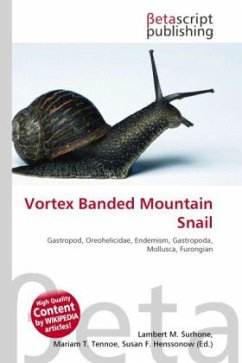There are a very large number of plants which contain compounds lethal to terrestrial as well as aquatic pests at doses which are some times below those for synthetic pesticides. Use of such products has the additional advantage that these likely to cause contamination of the environment. After all, such compounds are not confined to the plants in which they are found but also possibly get distributed in the environment through air and water. Most of the studies have been done in this area however suffer from one common drawback. While there is much information on the toxicity and lethal doses of plant pesticides, very little literature is available on their mode of action and affect on non-target organisms. For a large number of plants, data from field studies is lacking. Obviously these, substance cannot be put to commercial use without a study of these aspects as well. The freshwater snail Lymnaea acuminata and Indoplanorbis exustus are commonly found in Northern part of India. These snails are intermediate host of liver flukes Fasciola hepatica and Fasciola gigantica, which causes endemic fascioliasis in cattle and live stock population in this region.
Bitte wählen Sie Ihr Anliegen aus.
Rechnungen
Retourenschein anfordern
Bestellstatus
Storno

